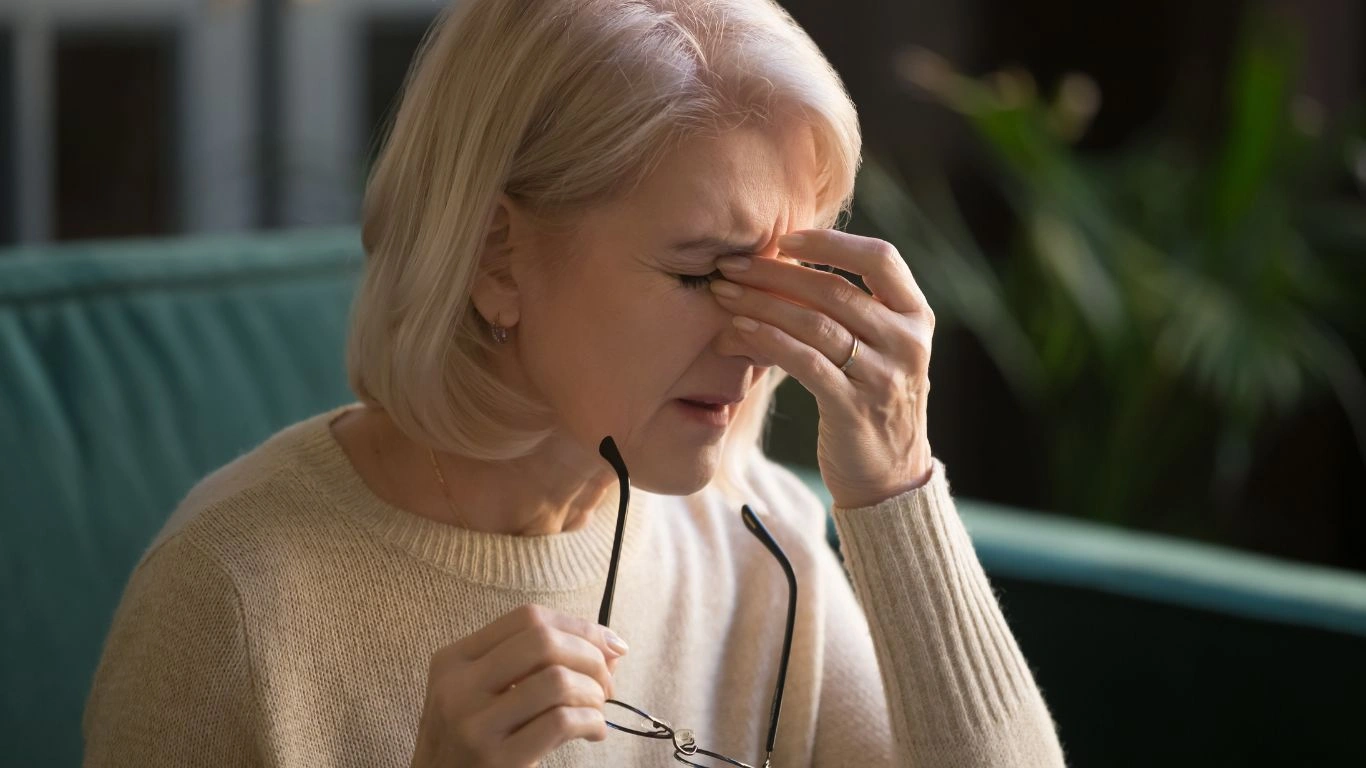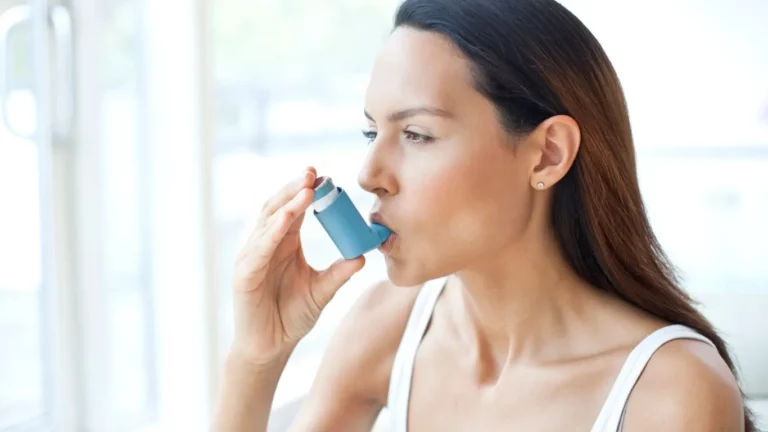Can Potassium Supplements Lower BP Fast? Powerful Benefits Revealed
Can potassium supplements lower BP fast? That’s a question I get *all the time* from my patients, especially the ones who are newly diagnosed with hypertension or just tired of the whole “watch your salt, exercise, and come back in 3 months” routine. As an Internal Medicine physician who’s spent over a decade managing high blood pressure cases, I’ve seen firsthand how nuanced this whole potassium thing really is. The short answer? It’s complicated—but yes, potassium can help. The catch? It’s not some overnight miracle. Let’s dive into the real story behind potassium supplements and blood pressure, based on actual clinical experience and not just theory.
Potassium and Blood Pressure: What’s the Connection?

Most people are surprised to learn that potassium isn’t just some minor nutrient on the back of a supplement bottle—it plays a *crucial* role in how our blood vessels function. Essentially, potassium helps balance out the negative effects of sodium. And let’s face it, in the U.S., we are swimming in salt—processed foods, fast food, and even “healthy” snacks are loaded with it.
So, when you up your potassium intake, you’re helping your body flush out excess sodium through the kidneys. That helps ease tension in the blood vessel walls, which can lead to lower blood pressure. Sounds magical, right? But here’s where the nuance comes in: it depends on the form of potassium, your kidney function, your current diet, and whether you’re getting it from food or pills.
Why Your Doctor Cares About Potassium (And Why You Should Too)
Every time I review labs with a patient, potassium levels are one of the first things I check—especially if they’re on blood pressure meds like ACE inhibitors, ARBs, or diuretics. Why? Because too little or too much potassium can actually cause serious heart issues, including dangerous arrhythmias.
For people with healthy kidneys, increasing potassium through diet or supplements can be a safe and effective strategy—but it’s not a one-size-fits-all deal. And that’s exactly why I don’t just tell my patients to go pop a supplement from the vitamin aisle without a game plan.
Can Potassium Supplements Lower BP Fast?
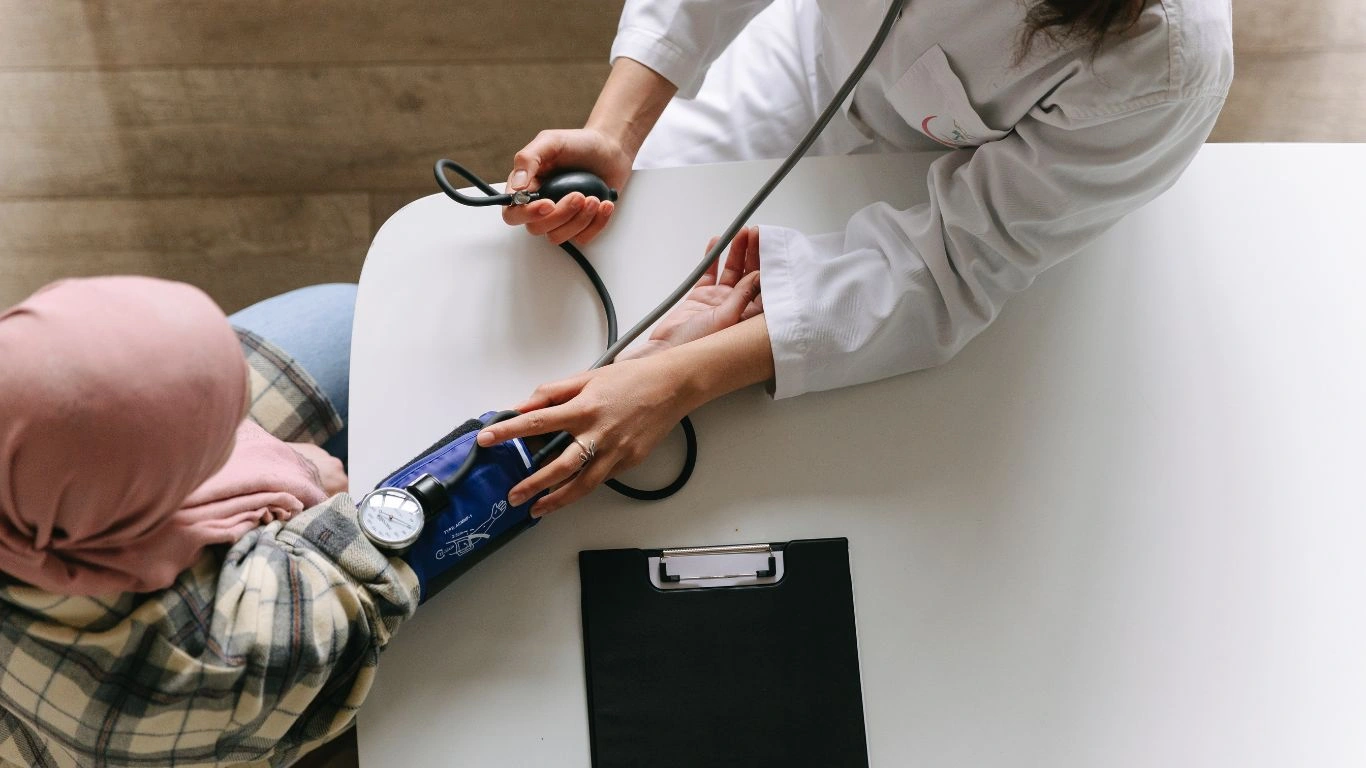
If you’re hoping for a quick fix, let’s be honest: potassium supplements are not a magic bullet. That said, in some cases, they can lead to noticeable improvements within a few weeks. In my clinic, I’ve seen patients with mild to moderate hypertension drop their systolic numbers by 5 to 10 points just by optimizing potassium—*but only* when we were also fine-tuning their diet and medication at the same time.
For example, one of my patients—a 52-year-old teacher—was hovering at 145/95 despite being on two blood pressure meds. After a dietary overhaul (more on that later) and starting a low-dose potassium supplement under careful monitoring, she was down to 128/80 in less than six weeks. But again, that’s not the norm for everyone.
How Fast Is “Fast” When It Comes to BP Reduction?
Let’s clarify what we mean by “fast.” In clinical terms, anything under 8 weeks is considered relatively quick for blood pressure changes, especially when using non-pharmacologic interventions. Most supplements, including potassium, need at least 2-4 weeks to have measurable impact—assuming they’re being used correctly.
If you’re expecting results overnight, you’re probably going to be disappointed. And trust me, I get it. People are busy. They want their numbers to drop like their phone battery at 2%—immediately. But the body doesn’t work like that. The key here is consistency and monitoring.
How Much Potassium Do You Really Need?

The recommended daily intake for adults is about 2,600 to 3,400 mg of potassium, depending on age and gender. But here’s the kicker—most people aren’t even hitting 50% of that. So yes, increasing potassium can definitely help lower BP, but you’ve got to do it right.
- From food: Think bananas, sweet potatoes, spinach, avocados, beans, and yogurt. Delicious and nutrient-packed.
- From supplements: Usually available in 99 mg doses per pill. This is on purpose—higher doses can be risky without supervision.
Personally, I always recommend starting with food sources. Why? Because food-based potassium comes with fiber, antioxidants, and other heart-healthy perks. Plus, it’s much harder to “overdose” on potassium from food than it is from supplements.
Should You Consider Potassium Pills?
Maybe—but only if your doctor gives you the green light. And that’s not me being overly cautious; it’s about safety. I’ve had patients with borderline kidney issues end up in the ER because they decided to self-medicate with over-the-counter potassium chloride. Big mistake.
In short: Yes, potassium supplements *can* lower BP fast(er)—but there’s a right way to go about it, and it starts with understanding your own health picture.
Food First: Why Potassium from Diet Beats Pills Every Time

Here’s something I say all the time in clinic: “If your fork created the problem, your fork can help fix it.” Sounds cheesy, but it’s true. If you’re asking, “Can potassium supplements lower BP fast?”—sure, but if you’re not also looking at your diet, you’re missing half the battle.
Potassium-rich foods like leafy greens, beans, and even plain old potatoes are full of more than just potassium. They come with fiber, magnesium, and antioxidants—all of which support vascular health. Supplements? They give you one thing in a capsule. Useful in a pinch, yes. But not a long-term strategy on their own.
There’s also the issue of absorption. The body tends to handle nutrients from food better than synthetic ones. I had a patient once, mid-30s, trying to manage his BP purely through potassium chloride tablets. He was frustrated that it “wasn’t doing anything.” We tweaked his diet to include two bananas, half an avocado, and a cup of beans most days. Two months later, his pressure dropped by 10 points, no med changes. His body clearly responded better to food-based potassium. That’s not uncommon.
Quick Grocery List: Potassium Superstars
- Sweet potatoes – About 540 mg per medium spud
- Spinach – One cup cooked = 840 mg
- Black beans – 610 mg per cup
- Avocado – Roughly 700 mg per half
- Yogurt – Around 350–500 mg per serving
- Bananas – About 420 mg each (not the *only* source, but convenient!)
Just swapping out one or two processed snacks a day for something from this list can quietly start shifting your BP downward. I’ve seen it happen in real time, and patients often feel better overall—not just in their numbers, but in energy and digestion, too.
Potassium and Medication: Hidden Interactions You Should Know
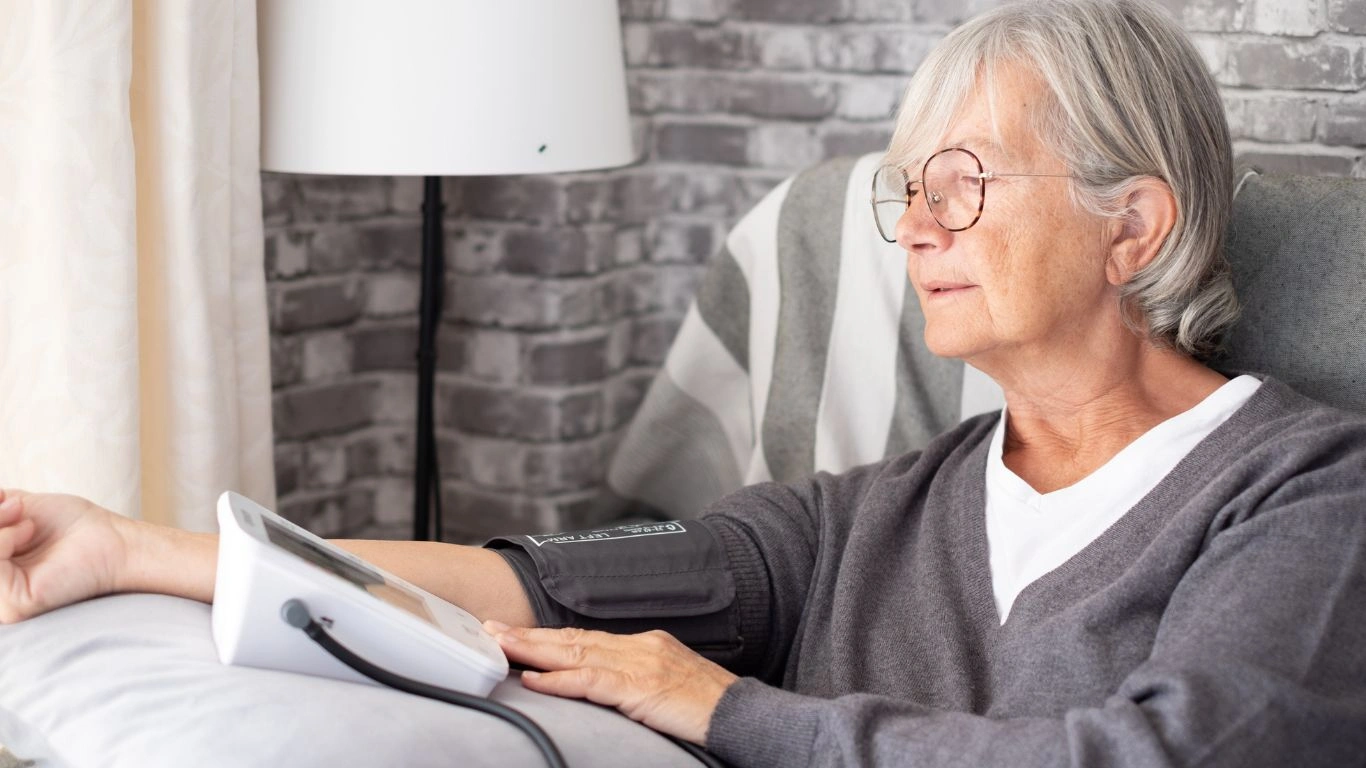
If you’re on blood pressure medications, especially ones that *affect your kidneys*, this part is crucial. Many of the most commonly prescribed antihypertensives—like ACE inhibitors (lisinopril), ARBs (losartan), or potassium-sparing diuretics (spironolactone)—can increase your potassium levels. Adding a supplement on top of that without lab monitoring? That’s playing with fire.
I’ve had patients come in with dangerously high potassium (hyperkalemia), and they didn’t feel a thing until their heart rhythm started acting up. One patient of mine, late 60s, was doing everything “right” but added an over-the-counter potassium supplement after reading a health article online. It pushed his potassium to 6.3 mmol/L—a level that lands you in the hospital if you’re not careful.
Lesson? Always check in with your physician before adding any new supplement—especially potassium. I can’t stress this enough. We check kidney function, medication interactions, and baseline potassium before deciding on the best approach.
Warning Signs You Might Have Too Much Potassium
It’s rare, but not impossible. Keep an eye out for:
- Muscle weakness or unusual fatigue
- Heart palpitations or fluttering sensations
- Nausea or tingling sensations
If you experience any of those while on supplements or new BP meds, call your doctor—don’t try to tough it out.
The DASH Diet: A Proven Game-Changer
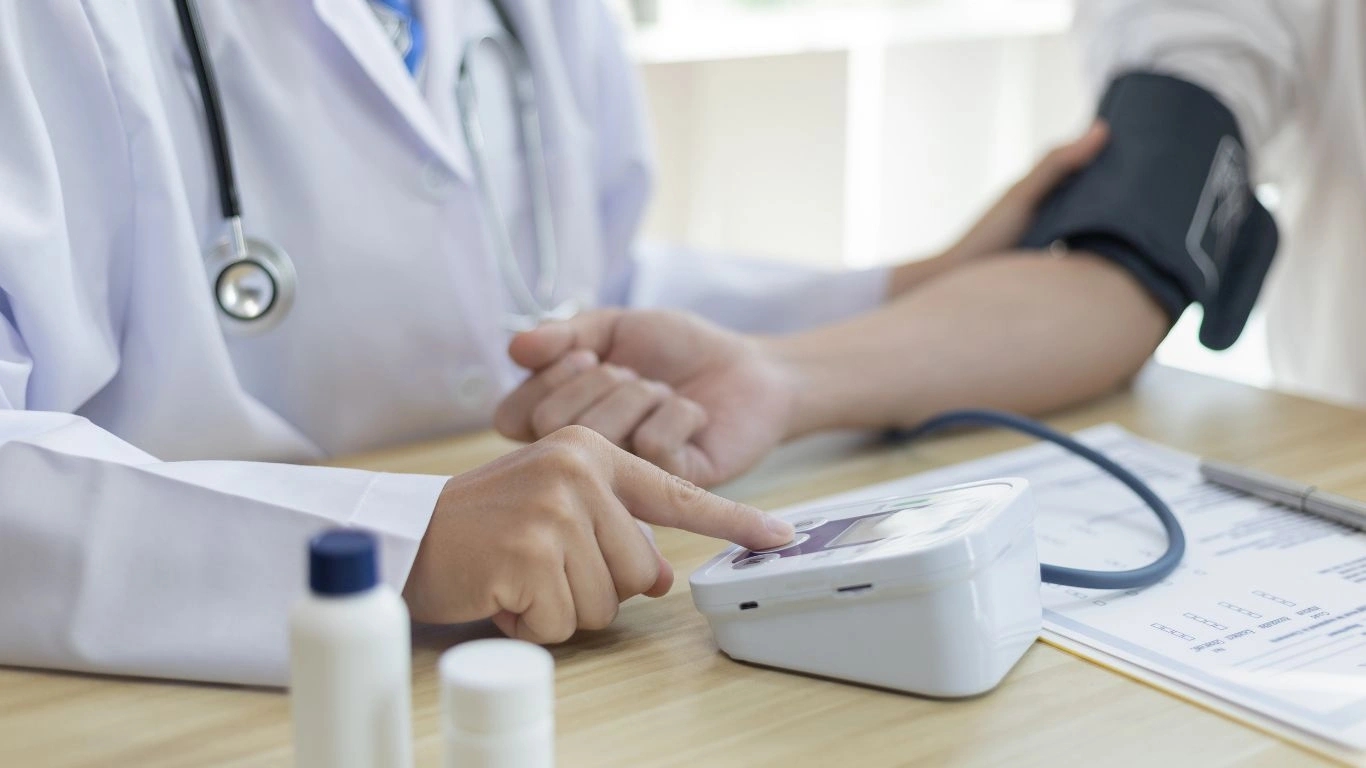
One thing I often recommend to my patients struggling with BP is the DASH diet—Dietary Approaches to Stop Hypertension. Why? Because it’s been thoroughly researched and proven to help reduce blood pressure by a good 8–14 points on average. And yes, part of its success is thanks to its emphasis on potassium-rich foods.
The DASH approach isn’t overly restrictive either. It focuses on:
- Fruits and vegetables (lots of them!)
- Whole grains
- Low-fat dairy
- Lean proteins (especially plant-based)
- Minimal added sugars and sodium
And for those wondering—no, it doesn’t require giving up all your favorite foods. I’ve helped many folks make it work around cultural dishes and family routines. In fact, a couple I treat started incorporating more beans, greens, and roasted veggies into their Caribbean cooking rather than cutting everything out—and their blood pressure numbers have been steadily improving since.
Can You “Overdose” on Potassium from Food?
Technically, no. If you have normal kidney function, your body is very good at eliminating excess potassium through urine. That’s part of why food sources are much safer than pills. The kidneys filter it out as needed—unless they’re impaired. So again, anyone with chronic kidney disease needs to be extra cautious and work closely with their care team.
But for most healthy individuals, even getting up to 4,000–4,700 mg of potassium per day from food is perfectly safe—and might just be the push your cardiovascular system needs to stabilize those numbers.
Practical Tips to Safely Incorporate Potassium and Manage Your Blood Pressure
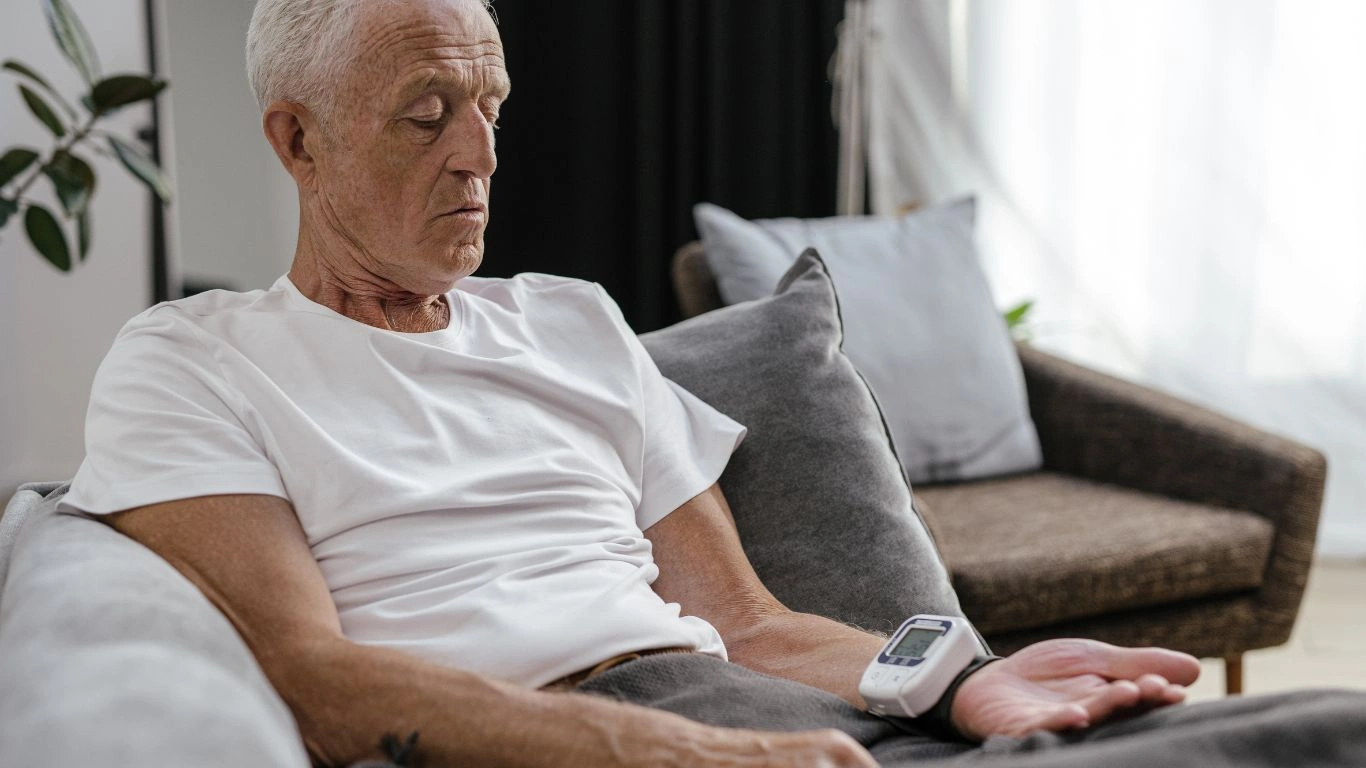
By now, you’ve probably gathered that potassium is a powerful player in blood pressure control—but it’s not as simple as just grabbing a bottle of supplements and hoping for the best. From my years in internal medicine, I can tell you that the key to success is thoughtful, personalized care. Here are some of the practical steps I recommend for safely boosting your potassium and keeping your blood pressure in check:
- Get your labs done regularly. Before adding supplements or making big diet changes, ask your doctor to check your potassium levels and kidney function. These tests are quick and crucial to avoid complications.
- Focus on food first. Incorporate potassium-rich foods gradually—don’t overload your plate overnight. Small, steady changes make it easier to stick with and give your body time to adjust.
- Be mindful of your medications. If you’re taking blood pressure meds, especially ACE inhibitors, ARBs, or potassium-sparing diuretics, talk to your provider before taking any potassium supplements. Your meds could already be raising your potassium.
- Monitor your symptoms. Fatigue, muscle cramps, irregular heartbeat—don’t ignore these. They might be subtle signs of too much or too little potassium.
- Stay hydrated. Drinking enough water helps your kidneys flush out excess sodium and potassium, supporting your overall balance.
- Limit processed and salty foods. Cutting back on salt lets potassium do its job better. It’s a classic tug-of-war inside your body.
In my practice, I often pair these lifestyle changes with medication adjustments tailored to each patient’s needs. For example, a recent patient of mine in his 40s reduced his blood pressure by combining a potassium-focused DASH diet with a small tweak in his diuretic dose—no extra supplements needed. It’s about working smarter, not harder.
Myths and Misconceptions About Potassium and Blood Pressure

Let’s bust some common myths I hear all the time:
Myth 1: “Potassium supplements will fix my blood pressure overnight.”
Reality: As much as we wish, it’s not a magic pill. Potassium helps over weeks to months, combined with diet and lifestyle changes, not as an instant cure.
Myth 2: “I can’t eat bananas because they’re too high in potassium and might be dangerous.”
Reality: For most people, bananas are a great and safe potassium source. Only those with serious kidney problems or on specific medications need to avoid them.
Myth 3: “More potassium is always better.”
Reality: Too much potassium can be harmful, especially if your kidneys aren’t working well or if you’re on certain medications. Balance is key.
Myth 4: “Salt is the only thing that affects blood pressure.”
Reality: Sodium definitely matters, but so do potassium, magnesium, calcium, stress, exercise, sleep, and many other factors. It’s a complex dance, and focusing on potassium is just one piece.
Understanding these myths helps patients avoid mistakes I’ve seen all too often. I always encourage questions and open conversations—nothing beats personalized advice.
Final Thoughts on Using Potassium to Manage Blood Pressure
To wrap things up (without giving away the whole conclusion, since this is just the last section), potassium is an important tool in your blood pressure toolbox—but it’s not a solo act. From my clinical experience, success comes from a holistic approach: combining diet, medication management, lifestyle changes, and careful monitoring.
If you’re wondering, “Can potassium supplements lower BP fast?”, the honest answer is yes, but only under the right conditions and with the right oversight. Potassium supplements can be helpful, but food sources, medication checks, and regular lab work form the foundation of safe and effective hypertension management.
Remember, managing blood pressure isn’t about quick fixes or miracle supplements. It’s about steady, sustainable changes and working closely with your healthcare team. That’s how we keep hearts healthy and lives thriving.
References
- American Heart Association
- Centers for Disease Control and Prevention
- National Heart, Lung, and Blood Institute
- National Kidney Foundation
- American Gastroenterological Association
Disclaimer
This article is for informational purposes only and does not substitute professional medical advice, diagnosis, or treatment. Always consult your healthcare provider before making changes to your medication, diet, or supplement regimen. Individual needs may vary, and self-medicating with potassium supplements without medical supervision can be dangerous.

Dr. Gwenna Aazee is a board-certified Internal Medicine Physician with a special focus on hypertension management, chronic disease prevention, and patient education. With years of experience in both clinical practice and medical writing, she’s passionate about turning evidence-based medicine into accessible, actionable advice. Through her work at Healthusias.com, Dr. Aazee empowers readers to take charge of their health with confidence and clarity. Off the clock, she enjoys deep dives into nutrition research, long walks with her rescue pup, and simplifying medical jargon one article at a time.

